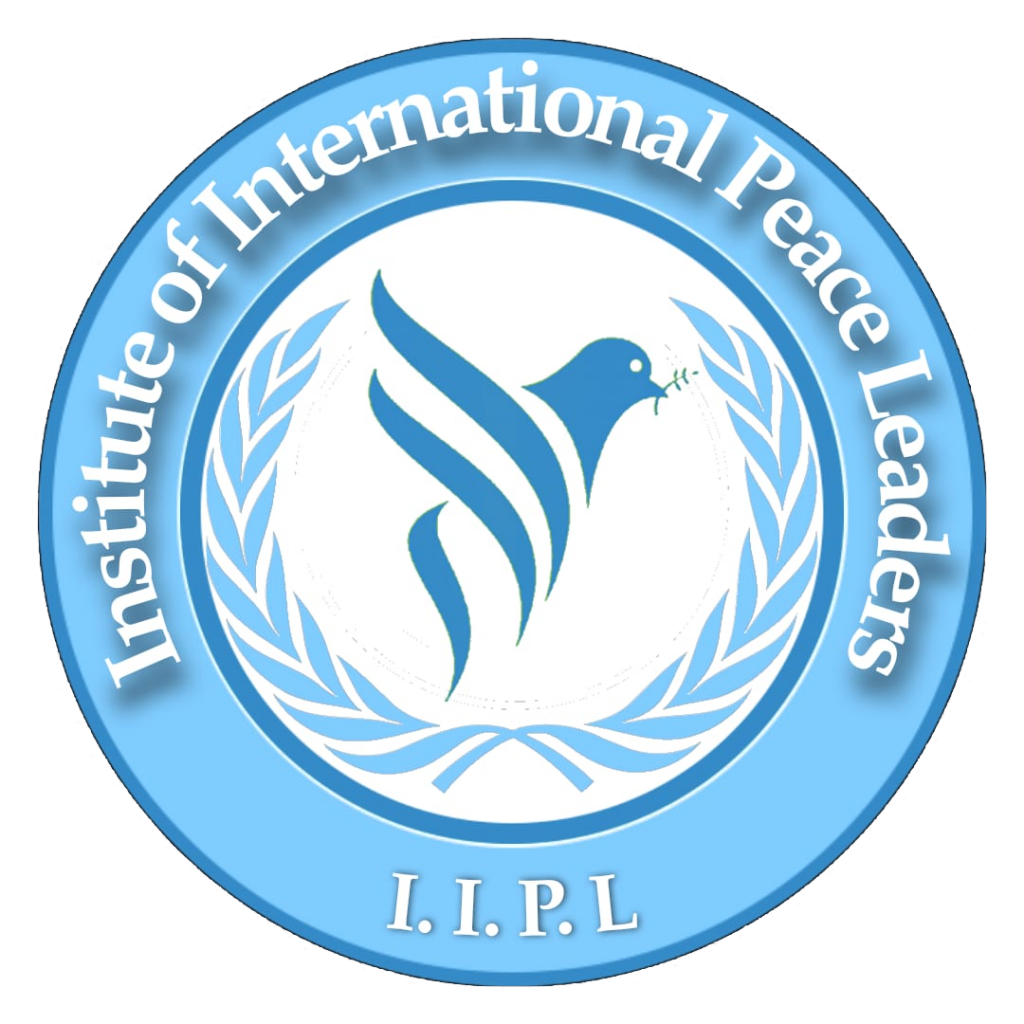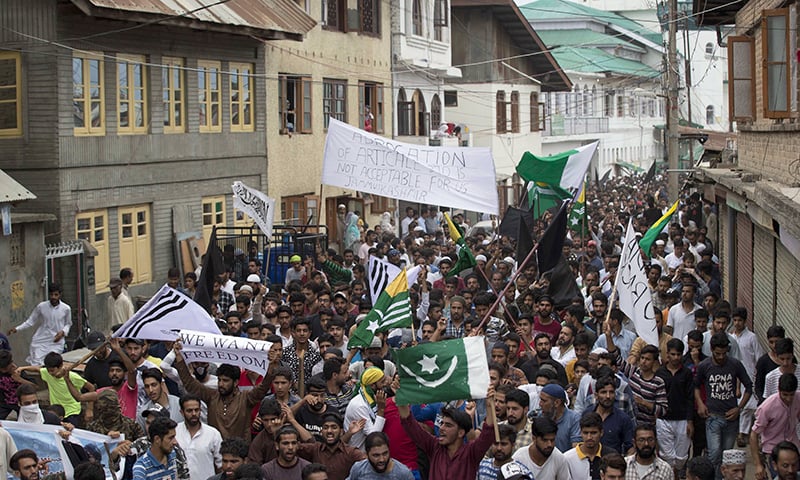Kashmir is Bleeding
Kashmir stands at a breaking point. In recent days, the valley has witnessed another wave of bloodshed and repression that has shaken the lives of ordinary citizens. At least eleven people have been killed—five in Dhirkot, five in Muzaffarabad, and two in Dadyal—while more than one hundred and fifty civilians have been injured. Markets remain shuttered, mobile and internet services are suspended, and a heavy deployment of security forces has turned towns and villages into garrisons. Fear hangs in the air, but so does defiance.
The Joint Awami Action Committee (JAAC), representing diverse voices across the region, has taken the lead in challenging these injustices. They are marching under a thirty-eight point charter that calls for dignity, equality, and the basic rights every human being deserves. From Muzaffarabad to Kotli, from Mirpur to Neelum, citizens have poured into the streets despite facing tear gas, beatings, and bullets. Their demands focus on restoring fairness and accountability. Protesters are calling for the abolition of the twelve reserved assembly seats for refugees living outside the region. They want the immediate release of all detained protesters. Families of those killed are seeking financial compensation and government employment as recognition of their sacrifice. Above all, there is a call to hold those responsible for civilian deaths accountable under the law.
These are not radical demands. They are the cries of a people asking for justice and for a government that values their lives. One of the most serious accusations arises from the killing of civilian Ansar Bhati. JAAC directly blames Raja Saqib Majeed, a member of the Muslim Conference, for his murder, and has gone further to demand that the party itself be declared a terrorist organization. Such allegations reflect not only the anger of the moment but also the depth of mistrust and alienation among the people.
The Federal Action Committee has extended an invitation for dialogue, but JAAC remains firm in its refusal to negotiate until concrete action is taken. Words alone cannot substitute for justice when families are mourning their loved ones. The silence of mainstream media has only fueled the frustration further. By failing to report the scale of the violence and the voices of the people, the media has left many Kashmiris feeling abandoned and invisible.
What is unfolding in Kashmir is not merely a political dispute; it is a humanitarian crisis. Every life lost represents a family shattered, a community scarred. The suspension of communication services has cut people off from their loved ones, leaving communities isolated in their darkest hours. The closure of markets has meant that livelihoods are collapsing, and families are unable to access even the most basic necessities. This level of repression is not how citizens of any state should be treated. The right to protest, to demand fairness, and to live without fear of repression are not privileges; they are fundamental human rights. Denying these rights to Kashmiris is an assault not only on them but also on the very principles of justice.
The government of Pakistan cannot afford to ignore this crisis. Repression will not bring peace; it will only deepen resentment and mistrust. Meaningful dialogue, rooted in respect for the people’s demands, is the only way forward. At the same time, the international community must not turn a blind eye. Human rights abuses cannot be dismissed as internal matters when lives are being lost and when entire communities are suffering. Global silence in such moments only emboldens oppression.
The protests in Kashmir are not simply about policies or political seats. They are about survival, dignity, and the right to live without fear. Each injured civilian, each silenced voice, and each life lost is a reminder of the unbearable cost of inaction. The blood of Kashmiris should not be the price of being heard. It is time for the government, the opposition, and the international community to act with urgency and with humanity. Only then can the people of Kashmir hope for a future where their rights are protected, their voices matter, and their children grow up in peace rather than in fear.
Author
-
Alishba Saleem is BS Student of International Islamic University Islamabad and National Youth Leader on behalf of Institute of International Peace Leaders
View all posts National Youth Leader IIPL

